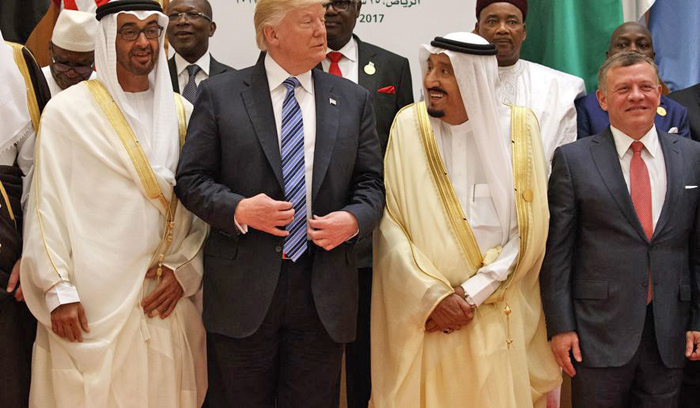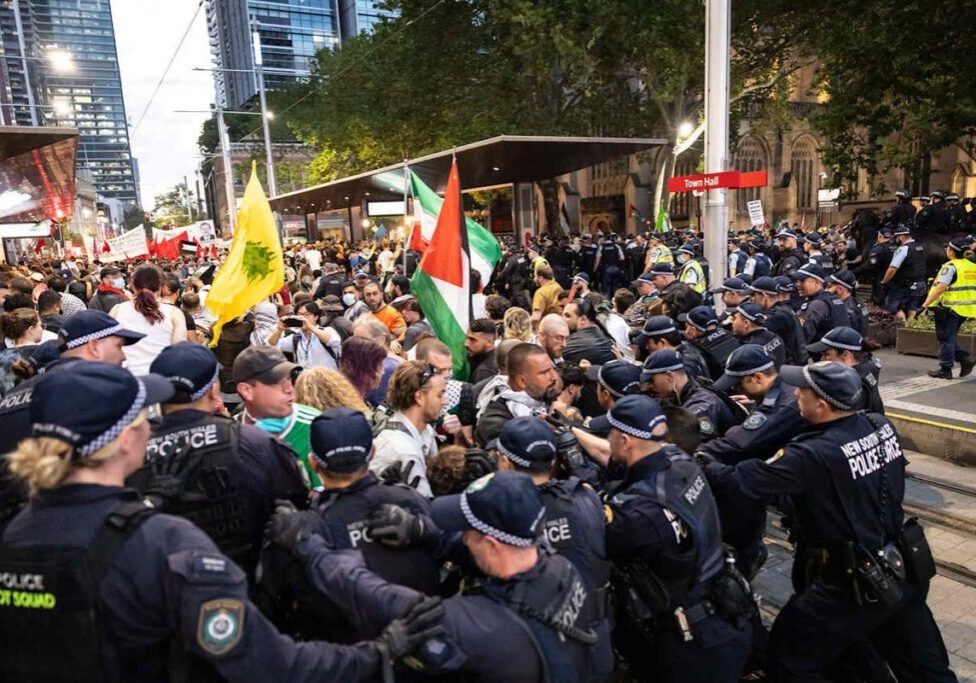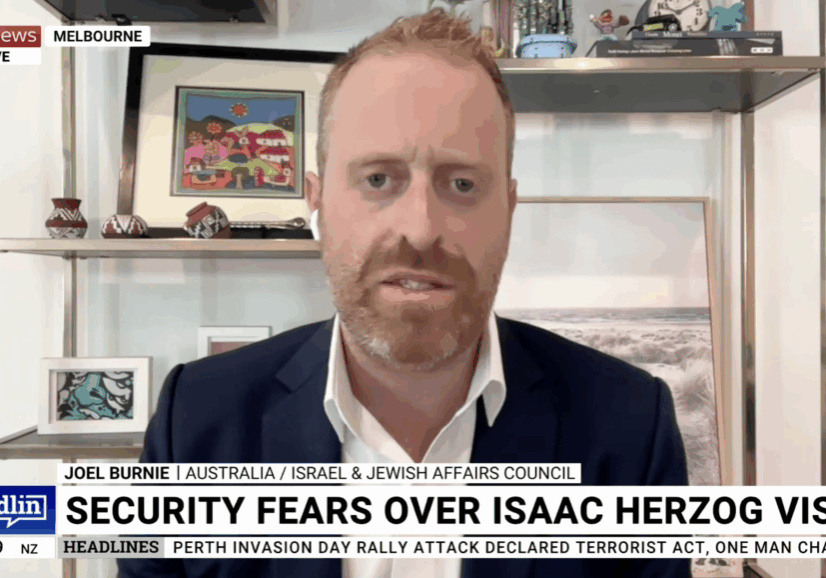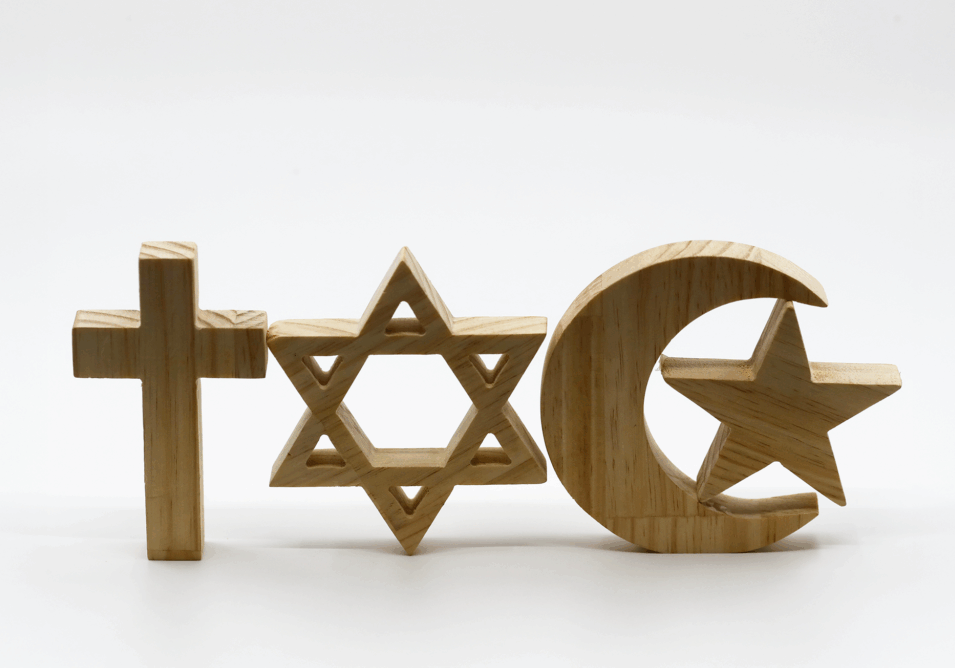Australia/Israel Review
The Last Word: Some of my best friends…
Jun 2, 2017 | Jeremy Jones

Jeremy Jones
When I received the invitation to speak at a Sydney event designed to help educate Muslims about Islam, I was both happy to accept and curious as to how my comments would be received.
My speaking spot was in a session on life as a member of a minority religion, with reference to both freedom of religion and inter-religious cooperation, leading to a barrage of questions. Most of these were on the pragmatics of practising one’s faith when society’s rhythms were so different, and the landscape of interfaith relations in Australia.
Although I expressed an openness to questions on Judaism and the Jewish community in Australia, nothing Jewish-specific was raised.
In the break between sessions, I was asked privately about Jewish beliefs, mainly from people who seemed to be seeking reassurance that Judaism and Islam were capable of co-existence.
I was also introduced to another conference speaker, who had once served as a government minister in an Arab Muslim country.
He told me that he was a well-known advocate of Muslim tolerance of Jews and that he was very happy to talk with a Jewish person.
After rifling through his briefcase, he handed me a book he had authored, which he told me contained evidence that he was a crusader against anti-Jewish hostility in his country and the wider Muslim world.
That evening, I read his book.
In summary, it said that Jews were unpleasant by nature, historically had acted in ways which were designed to test the patience and tolerance of Muslims and knowingly followed corrupted teachings.
But despite this, he argued, Muslims should recognise that Jews are still human beings and therefore should witness ideal behaviour in any Muslims they may encounter.
Judaism, he argued, was inferior to Islam, but there are good Jewish people, who believe in one god and obey divine law, and it was not legitimate for Muslims to automatically pre-judge individual Jews they may encounter.
I want to stress that he genuinely believed this argument was not only sympathetic to Jews, but felt I would read it and recognise him as a friend. When I discussed this with experts in his religious and cultural milieu, I was told that his position was indeed progressive, almost radical, in not calling for Jews always and everywhere to be opposed and treated as existential enemies of humanity.
When Donald Trump visited Saudi Arabia in May this year, the Simon Wiesenthal Center (SWC) wrote to a Saudi official about the course entitled “Judaism 241”, in Mecca’s Umm al-Qura University’s Islamic Studies Department.
According to the SWC, the course taught “the Jews rely on three sources: The Torah, The Talmud and The Protocols of Zion” and the over-riding theme was the Jews’ alleged “age-old hostility” to Islam.
Conspiracy theories, including a number which would be laughable if not for real-world effects of promoting hatred, are taught as fact, with Islam’s most revered texts cherry-picked to justify anti-Jewish contempt.
In material produced by the same university, references to “Jewish greed” are intertwined with analyses of “Jewish malevolent psychology”.
Of course, this type of teaching is not restricted to one institution, to one country, to one school of Islamic thinking, even to just one side of the Sunni-Shi’ite schism.
In Australia, I have encountered perverse antisemitism from prominent Shi’ite figures, in books (in English) sold in bookstores serving the Sunni communities, in left and right wing Muslim political groupings and even from some individuals within organisations which have been involved in genuine efforts to build dialogue, tolerance and understanding.
It was encouraging to hear the President of the USA, and his Muslim interlocutors, publicly assert opposition to the “evil” result of radicalism and extremism.
But unless the antisemitism which informs and nourishes the extremists is also directly, publicly and forcefully addressed, hatred and terrorism will not only continue, but be rationalised and justified as a tactic in an existential civilisational conflict.
Tags: Antisemitism






